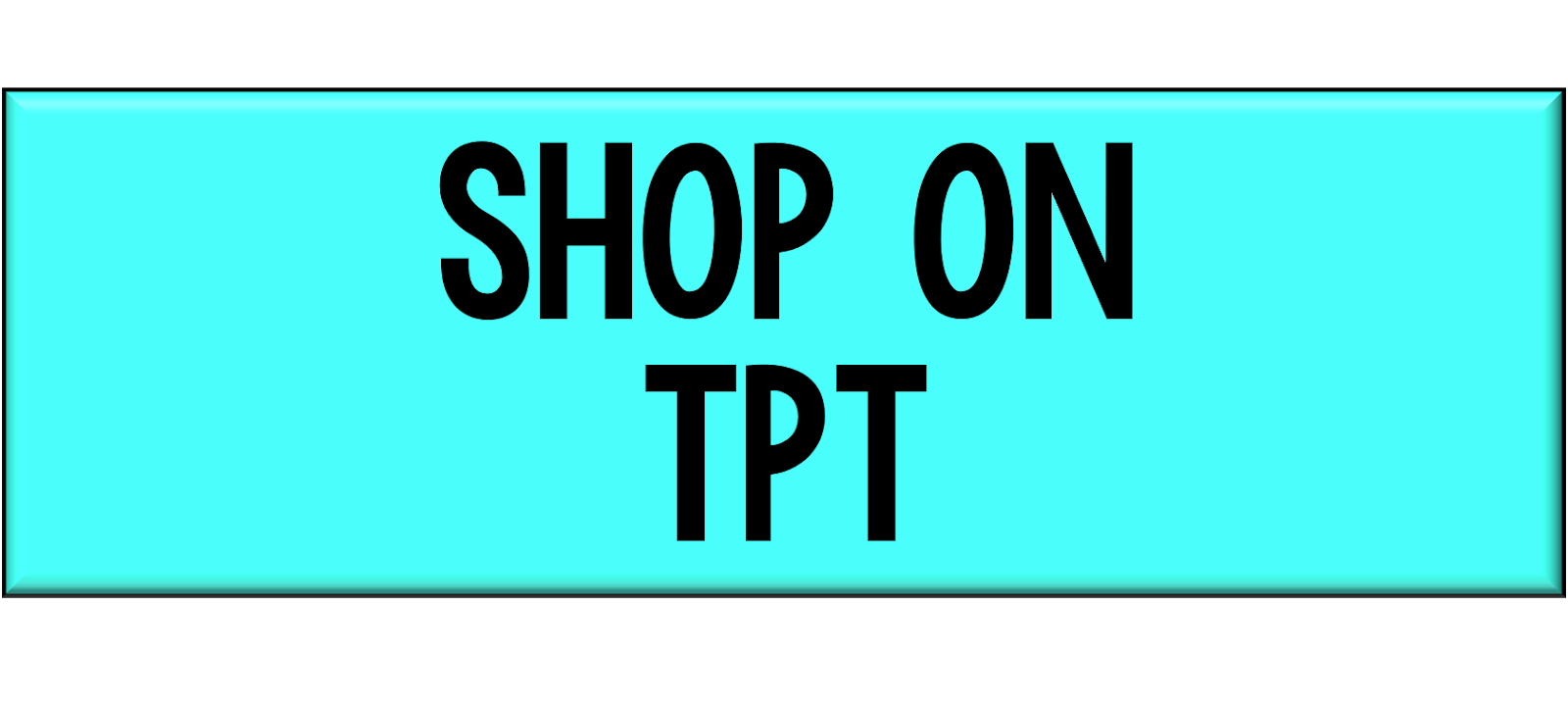You did it...almost.
You taught everything outlined in the curriculum for the end of year test...and your students nailed it. Problem is, however, there are three weeks of school left, now what? I stressed about this every single year. I tried different things every single year. Here are some strategies and ideas to keep you sane.
STRATEGIES
Cumulative Project.
Smaller Real-Life Tasks.
Routines.
This is probably the most important. The last thing you want to do is make the class feel different to the students. Not sticking to the routines you have established will result in students not knowing what to do, therefore they start acting out. Treat every day like another day at school.
Expectations.
Expectations.
This goes along with number one. Don't let your expectations slide, students will pick up on it and take advantage. Expect that they continue to try their best. Expect them to complete their work. Expect quality work from them every single time.
Keep Your Students Thinking.
Keep Your Students Thinking.
I know you're tired, and I know your students are tired...but it's not over yet. Do not assign busy work to your students. Busy work is work that doesn't require much thought. Your students will get bored and may perceive the work as unimportant. Once the kids do not see the work as important...you're toast.
IDEAS
Just Keep On Teaching.
IDEAS
Just Keep On Teaching.
Some years I created my own end of year test that was given not three weeks before school was out, but with only a few days left. I continued teaching, connecting, and reviewing their math up until MY end of year test, not the state test. Giving it just a few days before school was out was just enough time to correct it, and review it with the students.
Cumulative Project.
A cumulative project in math would be a large project that ties in many concepts that your students learned during the year. The great thing about cumulative projects is that students will be able to see how many of the math concepts intertwine and are used in the real-world. May I suggest, however, that the project is planned out very well. Know what your students will be doing every single day for the project. When I did this, I feel like that is where I failed. I had a cumulative project planned, and I gave specific dates for when they needed to have certain parts of the project completed, however, it was not planned daily. The problem I encountered is that students were "enjoying" the end of the year, and then procrastinated the work time. So it was like a handful of days where they weren't working much, and a few days where it was like chaos, because they were all trying to get done on time. So if you go this route, just make sure that every day has a specific task that needs to be complete.
Smaller Real-Life Tasks.
This is where I have felt the most successful with the end of year. Real-life tasks also combine concepts that students have learned throughout the year. However, they are not as large as the cumulative project. They are real-life tasks that can be completed in one or two class periods. Tasks such as budgeting, planning a trip, designing a scale model, etc... They are engaging, yet not overwhelming. If you need help coming up with some end of year tasks












